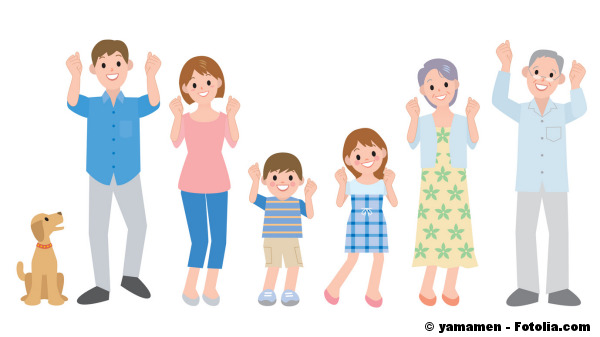For the week of September 24, 2016 / 21 Elul 5776
Ki Tavo
Torah: Devarim/Deuteronomy 26:1-29:8
Haftarah: Isaiah 60:1-22
Download Audio [Right click link to download]
And you shall rejoice in all the good that the LORD your God has given to you and to your house, you, and the Levite, and the sojourner who is among you. (Devarim/Deuteronomy 26:11)
In this week’s parsha (Torah reading portion), God through Moses instructs the people with regard to a ritual they were to do after their first harvest following their entering the Promised Land. It involved presenting a portion of their produce to the cohen (English: priest) and recounting some basic history: beginning as a small clan with Jacob migrating to Egypt, they grew into a numerous nation there, eventually becoming enslaved by the Egyptians, but God delivered them, and enabled them to acquire the Land. The bringing of a portion of their produce was to be a “simcha” – a joyful celebration: “And you shall rejoice in all the good that the LORD your God has given to you and to your house, you, and the Levite, and the sojourner who is among you” (Deuteronomy/Devarim 26:11).
Everyone was to celebrate “in all the good” God provided them. But in order to do that, they had to take notice of it and to do so within the context of their history. They were to remember where they came from, how they got to where they were, acknowledge what God has provided for them, and that what he had provided was good.
When was the last time you did that? I am asking myself the same question. It doesn’t help that the prevailing culture works against rejoicing in all the good God has given to us. How can we celebrate his provision when we are constantly told we don’t have enough? Many, if not most, of us are heavily in debt. So we don’t even have a sense that what we have is truly ours. And of what we do have, it is deemed obsolete almost before we get it out of the box as the next new thing is being paraded before our eyes.
Note that the instruction to rejoice is community oriented. Each person was to celebrate the good God provided to “to you and to your house, you, and the Levite, and the sojourner who is among you.” But how many of us feel any connection to community these days? Each individual is viewed as an isolated consumer, not a member of a community. The reference to “house” here means “household,” which is much more than a collection of persons living under the same roof. God intended that the prosperity of the community was to be the prosperity of the individual and vice versa. But today, even members of the same family lack connection with each other as they pursue not much more than their own personal interests. The profound selfishness that marks the current age cannot provide an environment of rejoicing. Fun, excitement, and pleasure at times perhaps – but not gratitude. We have forgotten where we came from. We have lost a sense that life is bigger than just me. And the only thing that matters is what I am getting for myself in the moment and it’s never enough.
Learning to rejoice for some of us is going to take some hard work. It requires stopping to think about where we have come from, what God has done for us, and what good things he has provided. It means forcing ourselves to stop yearning after the futile pursuit of the so-called latest and greatest. Then, we need to learn how to reconnect with others. Maybe gather some like-minded people and share your stories of gratitude with each other. It’s better if these stories would be shared experiences, but you might have trouble finding such people. So start with this; hopefully it’ll be the first of many to come. Then rejoice in whatever way you can: sing, shout, dance, applaud – but don’t keep it in. It’s not rejoicing until you let it out.
All scriptures, English Standard Version (ESV) of the Bible

